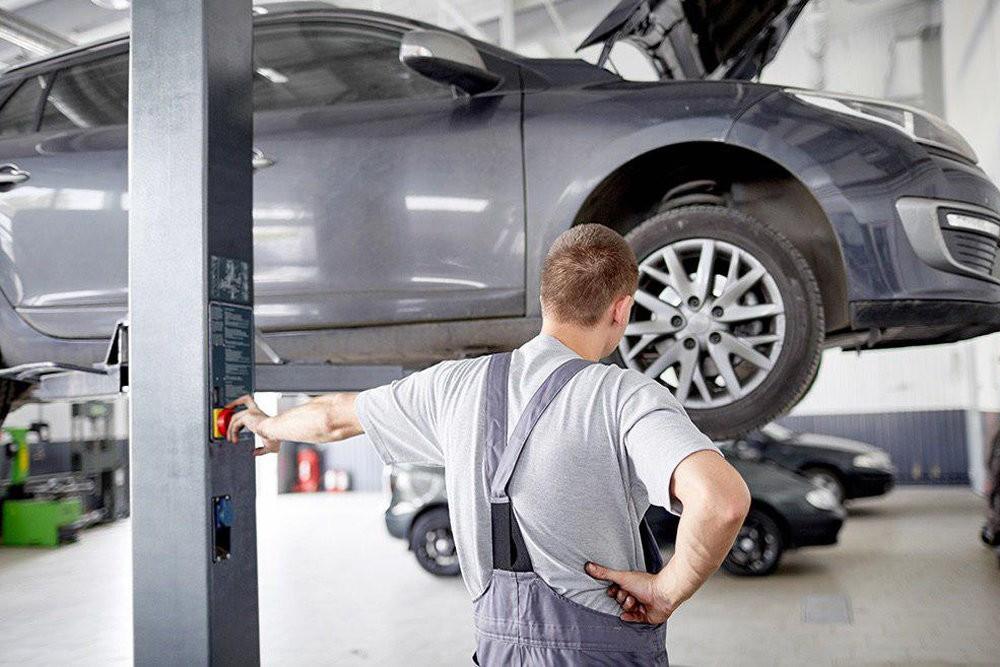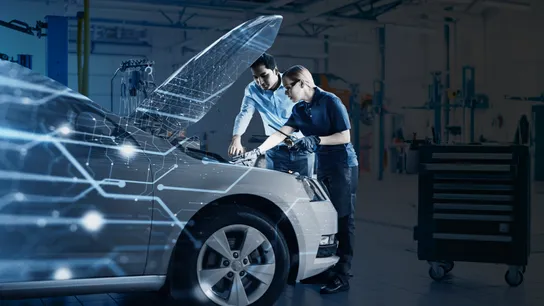The automotive service sector is rapidly evolving, driven by new vehicle technologies and higher consumer expectations for convenience and reliability. Demand for specialized, high-quality maintenance and repair services is growing, creating both challenges and significant opportunities for providers.
Organic expansion of auto service operations often presents many complexities. These include substantial capital for new facilities, the arduous task of building brand recognition from scratch, and replicating operational excellence across multiple locations without a proven framework for consistency.
In this dynamic environment, a strategic approach to growth is essential. Franchising emerges as a compelling pathway for auto service businesses seeking efficient scaling. It offers a structured model, leveraging established brand equity and operational blueprints to significantly reduce inherent expansion risks.
This method allows businesses to replicate their successful formula, ensuring consistency in service quality and customer experience across a wider geographical footprint. It provides a robust system for new operators to adopt, complete with training, support, and access to established supply chains, fostering rapid market penetration.
Understanding this expansion strategy is crucial for long-term success. It requires careful consideration of market dynamics, operational integrity, and the partnership framework. AvystroMera is dedicated to providing clarity and guidance through this intricate journey, ensuring every step is well-informed and strategically sound.
Key Applications and Considerations
- Market Expansion for Brands: Rapid entry into new areas with reduced risk. Leverages brand recognition and standardized procedures. Limitation: maintaining strict consistency.
- Growth for Independent Shops: Clear pathway for smaller centers to scale. Access to proven systems, training, and supplier networks. Limitation: initial investment and strict brand adherence.
- New Entrepreneurial Entry: Structured entry into auto service. Lower barrier due to established model and customer base. Limitation: strict adherence to franchisor's operational protocols.
The Dynamics of Standardization and Adaptation
A core debate within auto service franchising revolves around balancing stringent standardization with local adaptation. Many experts advocate for rigid adherence to operational manuals and service protocols. This ensures consistent quality, preserves brand integrity, and provides customers with a predictable experience, vital for trust and reputation.
However, an equally compelling argument emphasizes flexibility. Local markets often present unique demands, whether due to regional vehicle preferences, specific regulatory requirements, or distinct cultural expectations. A system that is too rigid might fail to resonate with local clientele or efficiently address specific service needs.
Beyond the operational framework, financial considerations for both parties are paramount. Potential operators must thoroughly evaluate the entire cost structure, including initial setup expenditures, ongoing royalty payments, and marketing contributions. A clear understanding of these elements is crucial for assessing the long-term viability.
The success of a franchise network heavily relies on robust support from the core business. Comprehensive initial training, continuous professional development, and responsive operational assistance are fundamental. Operators need to feel supported in adopting the established model and navigating challenges for consistent service delivery.
Charting a Course for Sustainable Growth
Franchising offers a powerful, strategic pathway for auto service expansion. It enables efficient scaling, maintaining brand integrity and service quality, while mitigating many risks inherent in independent growth.
Thorough due diligence and a clear understanding of partnership dynamics are crucial. AvystroMera empowers businesses with insights to navigate this landscape confidently, ensuring expansion builds on informed choices and sustainable growth.


Comments 0